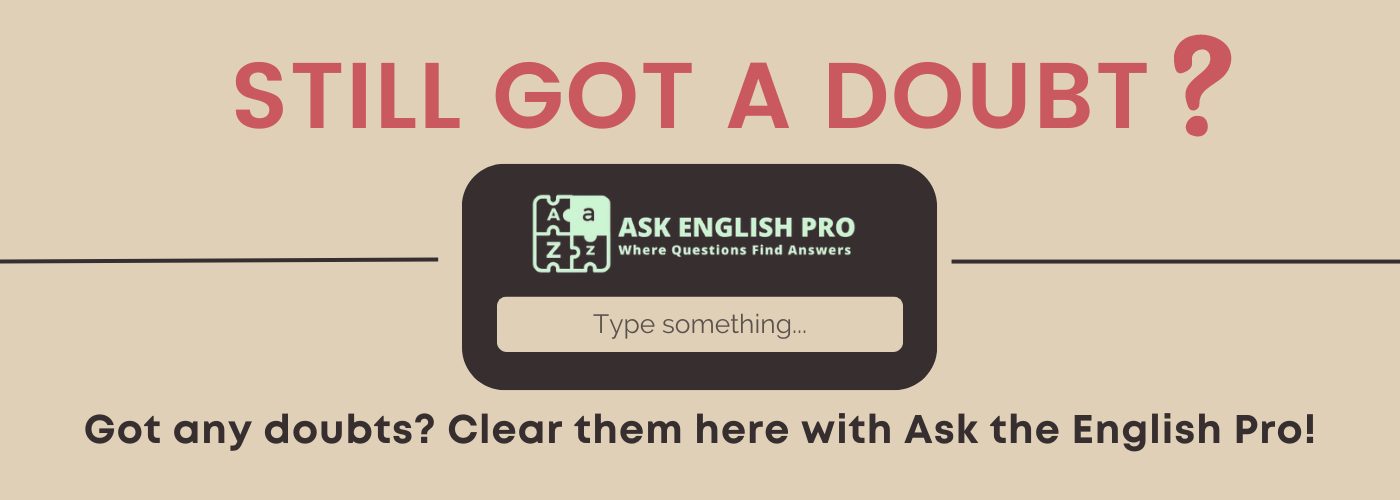Detailed Article for the Word “Gesticulate”
What is Gesticulate: Introduction
Imagine someone speaking passionately, their hands moving expressively, adding rhythm and emphasis to every word. To “gesticulate” is to communicate with these dynamic gestures, weaving meaning through movement. Whether highlighting a story’s climax, emphasizing a crucial point, or substituting for words in a noisy room, gestures help convey our thoughts more vividly. In a world where communication is increasingly digital, gestures like hand movements remain a powerful, universal language that transcends words and enhances personal connection.
Origin and History of the Word Gesticulate
The word “gesticulate” derives from the Latin word “gesticulatus,” the past participle of “gesticulari,” which means “to mimic gestures or act.” This Latin verb is rooted in “gestus,” meaning “gesture.” “Gesticulate” entered English in the 17th century, initially as a technical term describing deliberate, expressive gestures often used in theatrical or oratory contexts. Over time, it evolved to describe more casual movements accompanying speech, from passionate debates to everyday conversations, making it a vital term in the study of nonverbal communication.
Meaning and Definition of Gesticulate
Gesticulate (verb):
- To use gestures, especially dramatic ones, instead of or alongside speaking.
- To express thoughts or emotions through movements of the hands or body.
- (In oratory) To use controlled gestures to emphasize speech.
Usage note: Gesticulate is often used when describing expressive, emphatic movements, particularly in animated conversation or performance.
How to Pronounce Gesticulate
jes-TIK-yuh-layt
How to Remember Gesticulate: Memory Tips
To remember “gesticulate,” think of “gesture” plus “articulate.” Picture someone making clear, almost “articulated” hand motions to get their point across. Another trick is to visualize “gest-” as a person gesturing, adding “-ulate” as they continue making expressive movements. The word “gest” recalls gestures, while “-iculate” suggests speaking, helping you connect both elements for the word’s meaning.
Gesticulate in a Sentence: Examples and Usage
- Casual: He began to gesticulate wildly as he described his latest travel adventure.
- Oratory: The speaker would often gesticulate to emphasize the power of each point in her speech.
- Instructional: The instructor gesticulated to show students how to perform the dance steps.
- Storytelling: As he told the ghost story, he would gesticulate, mimicking the eerie movements of spirits.
- Acting: In her role as the queen, the actress would gesticulate grandly to portray her character’s authority.
- Social: He gesticulated across the noisy café to get his friend’s attention from the other side.
- Professional: In the boardroom, she gesticulated to make sure her ideas were understood and well received.
Difficulty Level of Using Gesticulate
Intermediate:
- Common in literary and expressive contexts
- Relatively easy to use in descriptive writing or public speaking
- Can seem formal, so often used in place of simpler phrases like “using gestures”
Modern Usage of Gesticulate in Contemporary Context
Today, “gesticulate” is widely used to describe the natural gestures people make in various settings, often bringing nuance and emotional intensity to communication:
Digital Communication and Media:
- In digital media, gesticulations are captured in video calls, where hand gestures help convey engagement and emphasis.
- Gesticulation has become common in video content, from YouTube to social media, where creators use expressive movements to keep audiences engaged.
Cross-Cultural Communication:
- In cross-cultural communication, gestures and gesticulations can vary, with some cultures gesturing more actively than others.
- In international business, gesticulating may help bridge language gaps, but understanding cultural norms around gestures is crucial.
Psychological and Expressive Uses:
- Studies show that gesticulating during speech can enhance memory and aid learning.
- In psychology, gesticulations are often seen as expressions of confidence or enthusiasm, helping speakers appear more engaging.
In our digitally connected world, the art of gesticulation remains essential, adding emotional depth and clarity to both face-to-face and virtual interactions. Whether on video, in classrooms, or at conferences, gesticulating enlivens communication, adding layers of expression that words alone may not fully capture.




















Gest – noble action. Articulate – is to speak well.
Gesticulate is to speak through action